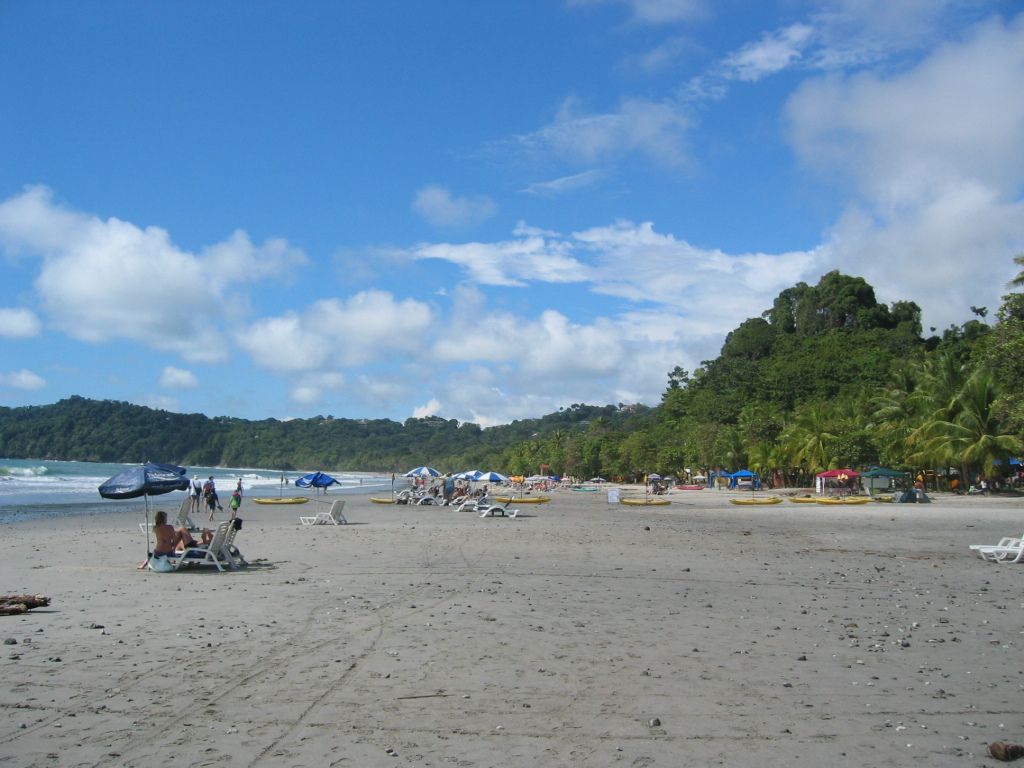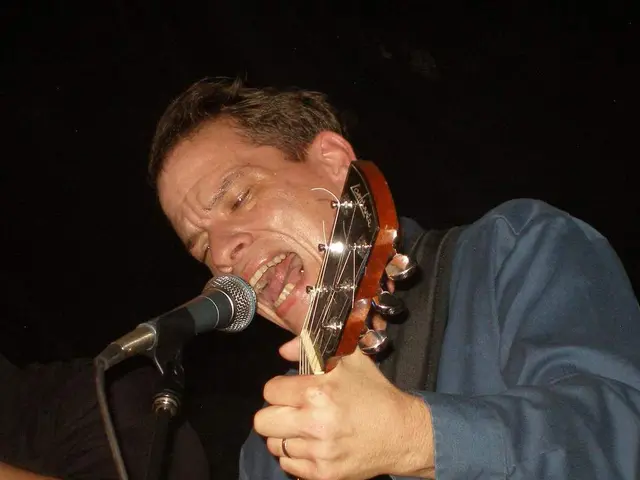Anakbayan and CPP assert that Pulong's declaration is a tactic to divert attention
Fresh Take:
The Communists Party of the Philippines (CPP) and its Anakbayan-Southern Mindanao Region (SMR) are lashing out at Davao City's First District Representative Paolo "Pulong" Duterte over his recent criticism of the New People's Army (NPA). The CPP accuses the congressman of deflecting blame for his family's alleged atrocities, including Rodrigo Duterte's controversial anti-drug campaign, which resulted in thousands of deaths and is now under investigation by the International Criminal Court (ICC).
Marco Valbuena, CPP's chief information officer, called Pulong's statements "vile garbage" and "a foul stench meant to mask the Duterte family's brutal past." He argued that the congressman has no moral authority to comment on violence due to past misconduct allegations.
The CPP further claims that it is Rodrigo Duterte, not the NPA, who is the true "terrorist," citing the militarization and bombardment of rural communities during his presidency. The CPP urges the public to resist a propaganda campaign and instead hold the Duterte family accountable for decades of violence, corruption, and impunity.
Anakbayan-SMR echoed the CPP's sentiment, stating that Pulong's comments are a diversionary tactic intended to shift attention away from Davao City's worsening traffic conditions and flooding, and wage issues for workers.
In response to Pulong's remarks, he called for victims of NPA atrocities and drug addiction to speak out in support of his father's legacy of peace and order. The congressman labeled the NPA as a terrorist group responsible for thousands of deaths and displacements.
These exchanges draw attention to long-standing debates about the Duterte family's role in human rights abuses and its legacy in Philippine politics.
Insights:
During Rodrigo Duterte's presidency (2016-2022), thousands of extrajudicial killings took place with estimates reaching as high as 30,000 victims. Many of these deaths occurred outside the legal process and were widely condemned by international human rights organizations, leading to investigations by the International Criminal Court (ICC). The ICC has charged Rodrigo Duterte with crimes against humanity, specifically murder, though accusations of torture and rape have also been raised, although they are currently excluded from the warrant pending further evidence. These allegations have led to the Duterte family facing both domestic and international accountability efforts. Families of drug war victims continue to push for justice, fearing an interim release for Duterte could lead to increased intimidation and harassment against witnesses and survivors.
The pursuit of accountability for the Duterte family is shaped by complex political dynamics in the Philippines, including rivalries with other political clans and nuanced public narratives utilizing populist rhetoric, strongman nostalgia, and conspiracy theories to maintain influence.
- The Communists Party of the Philippines (CPP) and Anakbayan-Southern Mindanao Region (SMR) have accused Davao City's First District Representative Paolo "Pulong" Duterte of deflecting blame for the alleged atrocities committed by his family, including the controversial anti-drug campaign under investigation by the International Criminal Court (ICC) in Davao City.
- The Philippine government's policy-and-legislation towards crime and human rights has been a topic of intense debate, with the CPP accusing Rodrigo Duterte of being the true "terrorist" due to the militarization and bombardment of rural communities during his presidency.
- The general news in the Philippines often revolves around the Duterte family's role in human rights abuses and their legacy in Philippine politics, with thousands of extrajudicial killings taking place during Rodrigo Duterte's presidency (2016-2022), largely outside the legal process.
- The education system in the Philippines is addressing the impacts of the Duterte family's alleged human rights abuses, as families of drug war victims continue to push for justice, fearing an interim release for Duterte could lead to increased intimidation and harassment against witnesses and survivors.







